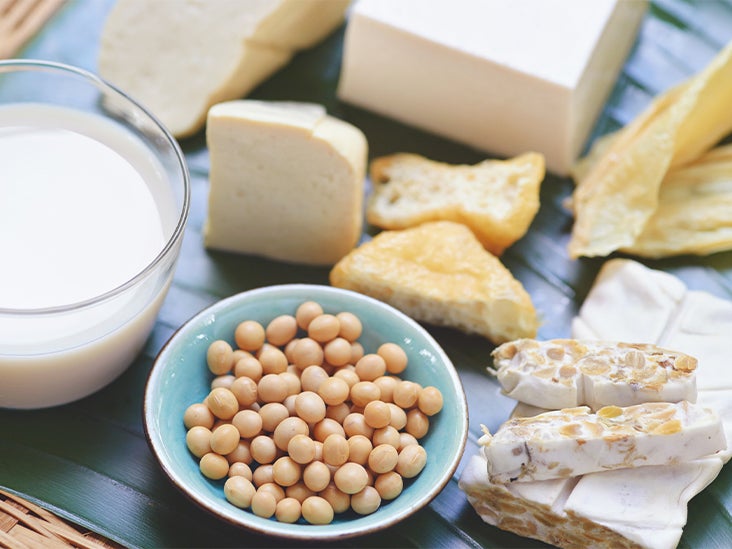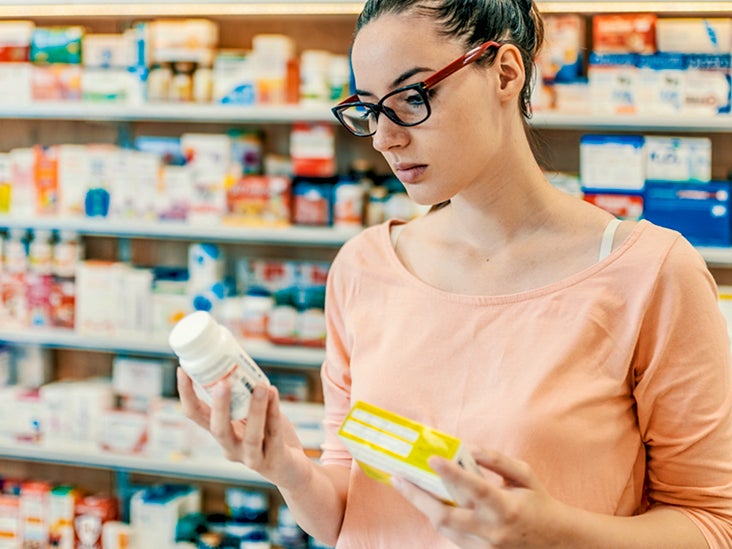FAQ About Probiotics for Depression
Can probiotics help with depression?
Yes, research suggests probiotics can improve depression symptoms by positively influencing the gut-brain axis, reducing inflammation, and balancing gut microbiota, which can affect mood regulation.
Which probiotic strains are most effective for depression?
Strains like Lactobacillus rhamnosus, Lactobacillus helveticus, Bifidobacterium longum, and Bifidobacterium bifidum have shown promise in supporting mental health and reducing depressive symptoms.
How long does it take for probiotics to work for depression?
Most studies show that ...
FAQ About Probiotics for Depression
Can probiotics help with depression?
Yes, research suggests probiotics can improve depression symptoms by positively influencing the gut-brain axis, reducing inflammation, and balancing gut microbiota, which can affect mood regulation.
Which probiotic strains are most effective for depression?
Strains like Lactobacillus rhamnosus, Lactobacillus helveticus, Bifidobacterium longum, and Bifidobacterium bifidum have shown promise in supporting mental health and reducing depressive symptoms.
How long does it take for probiotics to work for depression?
Most studies show that noticeable improvements may occur after 4 to 8 weeks of consistent use, though individual results may vary depending on the severity of symptoms and the specific probiotic strain used.
Are probiotics a replacement for antidepressants?
Probiotics are not a replacement for prescribed antidepressants but can serve as a supportive therapy. Always consult a healthcare professional before altering your treatment plan.
How do probiotics affect the gut-brain connection in depression?
Probiotics influence the production of neurotransmitters like serotonin, reduce gut inflammation, and modulate the hypothalamic-pituitary-adrenal (HPA) axis, which helps regulate stress responses.
Are there dietary sources of probiotics that help with depression?
Yes, fermented foods like yogurt, kefir, sauerkraut, kimchi, and miso naturally contain probiotics and may support gut health and mood.
Are there any risks of taking probiotics for depression?
Probiotics are generally safe, but some individuals may experience mild side effects like bloating or gas. Those with weakened immune systems should consult a doctor before use.
Can children or adolescents take probiotics for depression?
While some studies indicate potential benefits, the safety and effectiveness of probiotics for mental health in children and teens should be discussed with a pediatrician or mental health professional.
Do probiotics for depression have any drug interactions?
Probiotics are generally safe and do not interfere with most medications. However, it's important to consult a healthcare provider, especially if taking immunosuppressants or other critical drugs.
Can probiotics help prevent depression in the long term?
Maintaining a healthy gut microbiota through probiotics may lower inflammation and support overall mental health, potentially reducing the risk of depression over time.
Disclaimer: The published information is based on research and published medical sources. It is provided for educational purposes only and is not intended to replace professional medical advice. Always consult with your doctor or healthcare provider regarding any questions you may have about your health. We are not responsible for any actions taken based on this information, nor for any errors, omissions, or inaccuracies in the content. Medical research is constantly evolving, and the information presented may not reflect the most current medical standards.
November 2024
AposBook







 Buy now
Buy now






















[0]